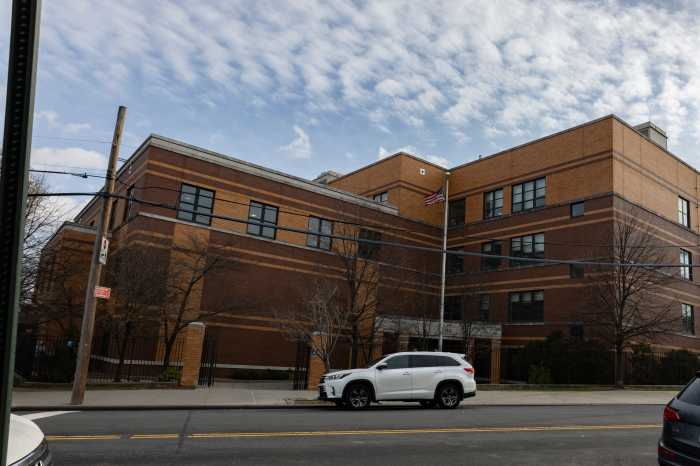At Promoting Specialized Care and Health – better known to the over 8,000 individuals throughout the boroughs that they service as PSCH – the mission is clearly stated: to empower individuals and families with diverse needs to realize their full potential. Whether it’s regaining independence, finding and maintaining a job or undergoing intensive rehabilitation, PSCH gives those with developmental disabilities and mental illnesses a chance to live life to the fullest.
When they were first founded in 1980 as a not-for-profit agency, PSCH began developing and operating community residential facilities for those diagnosed with developmental disabilities in Queens and Brooklyn. Since then, Alan Weinstock, President of PSCH, has worked to expand the scope of their operation by opening up several new components including Day Habilitation and Day Habilitation without Walls programs. According to Weinstock, these programs closely define what PSCH is all about.
The Day Habilitation and Day Habilitation without Walls are programs that focus on refining skills that most take for granted. The focal point is on the development of vocational and employment skills, understanding choices regarding personal goals, self-care socialization and peer interaction, nutrition, physical health and development and much more.
“We have gone from a residential agency to an organization that now provides significant clinical services in addition to what we have always offered and we are constantly looking to expand,” said Weinstock, who recently made a deal to merge with Pederson-Krag, one of Long Island’s largest behavioral health care facilities. That deal, plus the development of PSCH since 2007, has transformed PSCH from an approximate $56 million facility to a $130 million facility in terms of revenue while adding almost 400 employees, bringing their total up toward 2,000. As president of the agency, Weinstock says he feels enormous responsibility for his staff and consumers, especially during times of economic uncertainty.
“We try hard to plan in ways that will set our agency apart from others. There are a lot of agencies like us in the field that do what we do. We want to be well-positioned so we not only survive, but thrive,” said Weinstock. “It’s my responsibility to make sure we are still there. It’s a very big, changing environment to come up with a better product. You have to be smart about how you pair up with people.”
With 90 percent of their revenues coming from Medicare and Governor Andrew Cuomo looking for ways to save the state money, Weinstock admits that this could be the most challenging year for agencies that provide care for those with special needs.
“Rather than react, we will be ready to redesign our services to still be in business and still grow even in the changing environment,” said Weinstock.
One way they raise revenues while empowering people with mental illness is by job training and supported work projects like Clean Corp, a for-profit business enterprise that operates under the auspices of PSCH specializing in janitorial maintenance and grounds keeping. Serving the boroughs for the past 19 years, Clean Corp has provided competitive employment opportunities to many graduates of Project Clean; a program that prepares men and women who are diagnosed with mental illness to enter and succeed in the competitive work force. By assimilating with the non-disabled population and building confidence among the disabled community, PSCH has made self-reliance possible for many families and individuals who, at one point, may have lost hope.
“Our goal is get people to the highest level they are capable of functioning at,” said Weinstock. “We have elevated the playing field.”
Born and raised in Flushing and currently residing in Suffolk County, Weinstock still feels a close connection with Queens. He was an inaugural class in John Bowne High School and has since spent 40 years in the business of helping people with developmental disabilities and mental illness. As president of a major player in the healthcare game, Weinstock feels honored to have his role.
“My whole career has been focused on helping people. As president, I can do that with fewer limitations. I have more latitude. I can be more creative,” said Weinstock.
There are various services that PSCH provides including intermediate care facilities, individual residential alternatives, family support services, bridger services – which provides counseling and support to ease the transition from hospital living to community living – case management services, intensive psychiatric rehabilitation treatment, outpatient mental health clinic services and more. PSCH has multiple locations across the boroughs, most of which can be found in Queens. Their main office is located at 30-50 Whitestone Expressway in Flushing. To learn more about the various services provided by PSCH, call 718-559-0516 or visit www.psch.org.



































